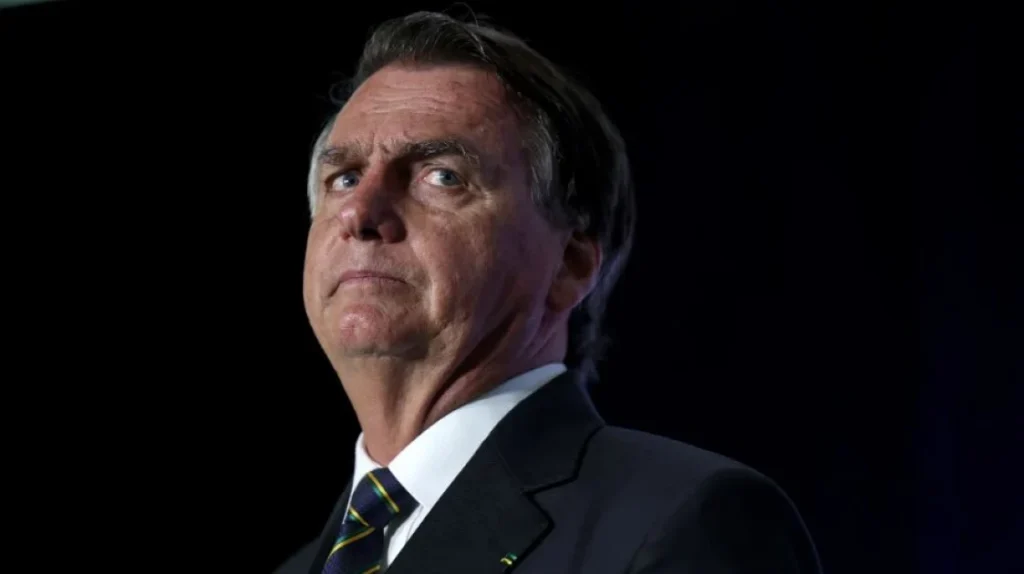Brazil’s Supreme Court has intensified surveillance around former president Jair Bolsonaro’s residence in Brasília, just days before the anticipated verdict in his high-profile coup trial.
In a court order issued Saturday, Supreme Court Justice Alexandre de Moraes directed that all vehicles leaving the luxury compound where Bolsonaro has been under house arrest since August 4 undergo interior and trunk inspections. The measure follows concerns raised by prison officials that certain “blind spots” around the property could present escape opportunities.
De Moraes, who is presiding over the case, also ordered round-the-clock monitoring of the villa’s surroundings, extending surveillance to areas adjacent to neighboring homes. Prosecutors pushed for tighter restrictions, citing revelations that Bolsonaro allegedly planned to seek asylum in Argentina last year. This, they argued, underscores the risk that the former president could attempt to evade justice if convicted.
Bolsonaro, 70, who led Brazil from 2019 to 2022, is accused alongside seven co-defendants of plotting to overturn the results of the 2022 election, which brought leftist Luiz Inácio Lula da Silva back to power. If found guilty, Bolsonaro could face up to 40 years in prison, a sentence that would mark a dramatic fall for the former army captain once hailed as the standard-bearer of Brazil’s right.
The looming verdict has intensified scrutiny of Bolsonaro’s health. His son, Carlos Bolsonaro, revealed on Friday that the ex-leader is in physical and emotional distress. “The old man is thin, has no desire to eat and continues facing endless bouts of hiccups and vomiting,” he wrote on social platform X. Bolsonaro has battled recurring digestive problems since a 2018 stabbing attack, and recent medical tests showed he suffered two bouts of pneumonia in August.
Despite his frail condition, Bolsonaro maintains strong backing from allies at home and abroad, including former U.S. president Donald Trump. The verdict, expected Tuesday, will not only decide Bolsonaro’s fate but could also reverberate across Brazil’s political landscape, testing the strength of its democratic institutions two years after the country’s most divisive election in decades.

